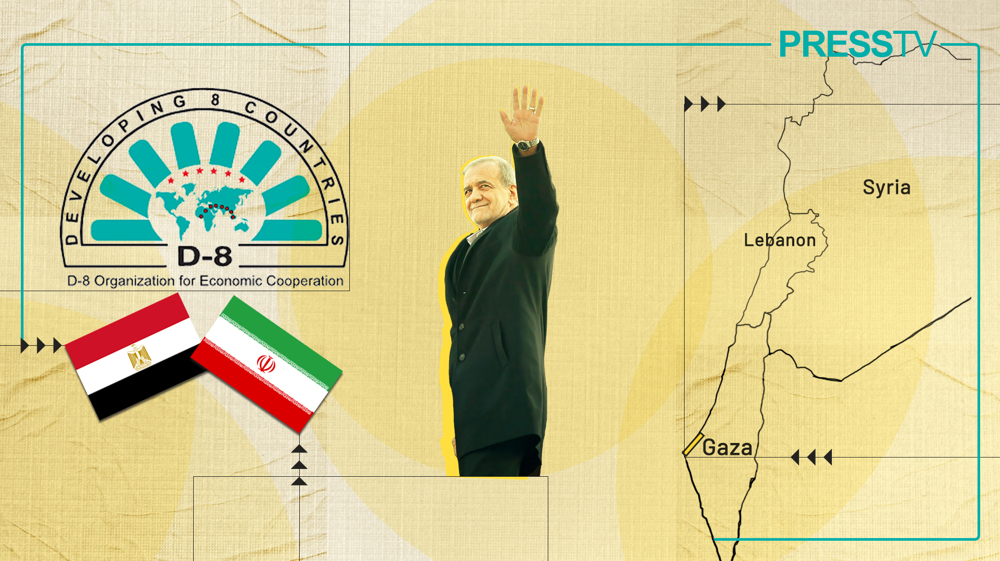EgyptAir crash: Debris found in Mediterranean not from plane
The head of the Greek air safety authority says debris found near a Greek island in the Mediterranean does not belong to a plane, as investigation continues in the aftermath of an EgyptAir plane crash.
Citing Egyptian officials, the airline had said earlier on Thursday that the wreckage found near Karpathos was that of the ill-fated plane.
However, the Greek official, Athanasios Binis, said later in the day, "Up to now the analysis of the debris indicates that it does not come from a plane. My Egyptian counterpart also confirmed to me that it was not yet proven that the debris came from the EgyptAir flight when we were last in contact around 1745 GMT."
His words contradicted an earlier claim by EgyptAir on Twitter, which said Egyptian officials had confirmed that debris found near the Greek island of Karpathos came from the EgyptAir flight, along with floating "life jackets and plastic material," AFP reported.
"What was found was a piece of wood, and some materials that do not come from a plane," Binis said, adding, "Based on the available geographical information, we are talking about the same debris."
The Airbus A320 was flying from Paris Charles de Gaulle airport to Cairo. At 37,000 feet (11,300 meters), it went missing over the eastern Mediterranean.
Greek Defense Minister Panos Kammenos said the plane had fallen 22,000 feet (6,700 meters) and made “sudden swerves” before dropping off radar.
The 56 passengers included 30 Egyptians, 15 French, two Iraqis, and one each from Kuwait, Saudi Arabia, Sudan, Algeria, Chad, Portugal, Belgium, Britain, and Canada. It was also carrying seven crew members and three security personnel.
Also on Thursday, Sherif Fathy, Egypt’s civil aviation minister, said the plane was more likely brought down by a terror attack than a technical fault.
On October 31 last year, an Airbus A321, run by Russia’s Kogalymavia airline, crashed in the Egyptian Sinai Peninsula’s Red Sea resort of Sharm el-Sheikh, killing all the 224 people on board, who were mostly Russians.

Immediately after the October crash, an affiliate of the Daesh terrorist group in Egypt claimed responsibility.
UNRWA unraveled amid Israel's allegations, reduced intl. support
Palestinian journalist, a Sobh Media Festival awardee, killed in Gaza hours before truce
Jan. 15: ‘Axis of Resistance’ operations against Israeli occupation
VIDEO | US fires: Criticism mounts over govt. failure to respond
VIDEO | Fears, hope in Gaza amid intensified ceasefire efforts
VIDEO | Press TV's news headlines
Hamas: Ceasefire agreement result of steadfastness, resistance in Gaza over 15 months
Hamas thanks Iran, Resistance Front following achievement of ceasefire in Gaza















 This makes it easy to access the Press TV website
This makes it easy to access the Press TV website